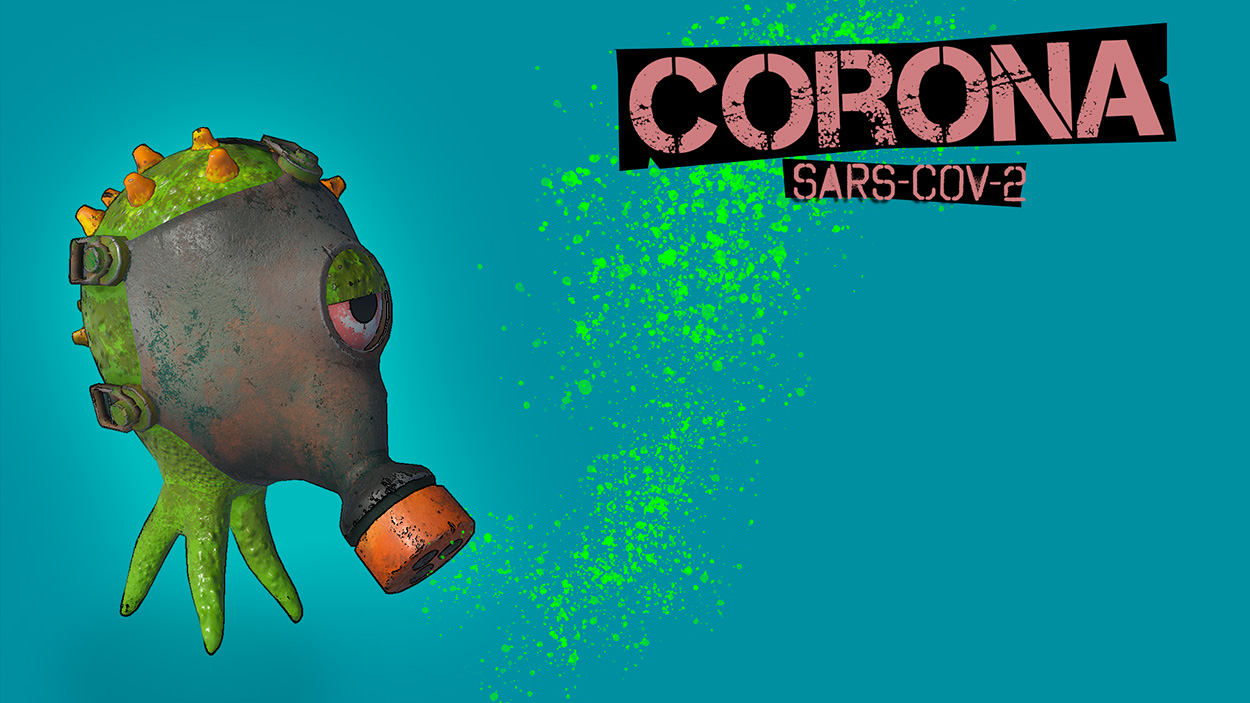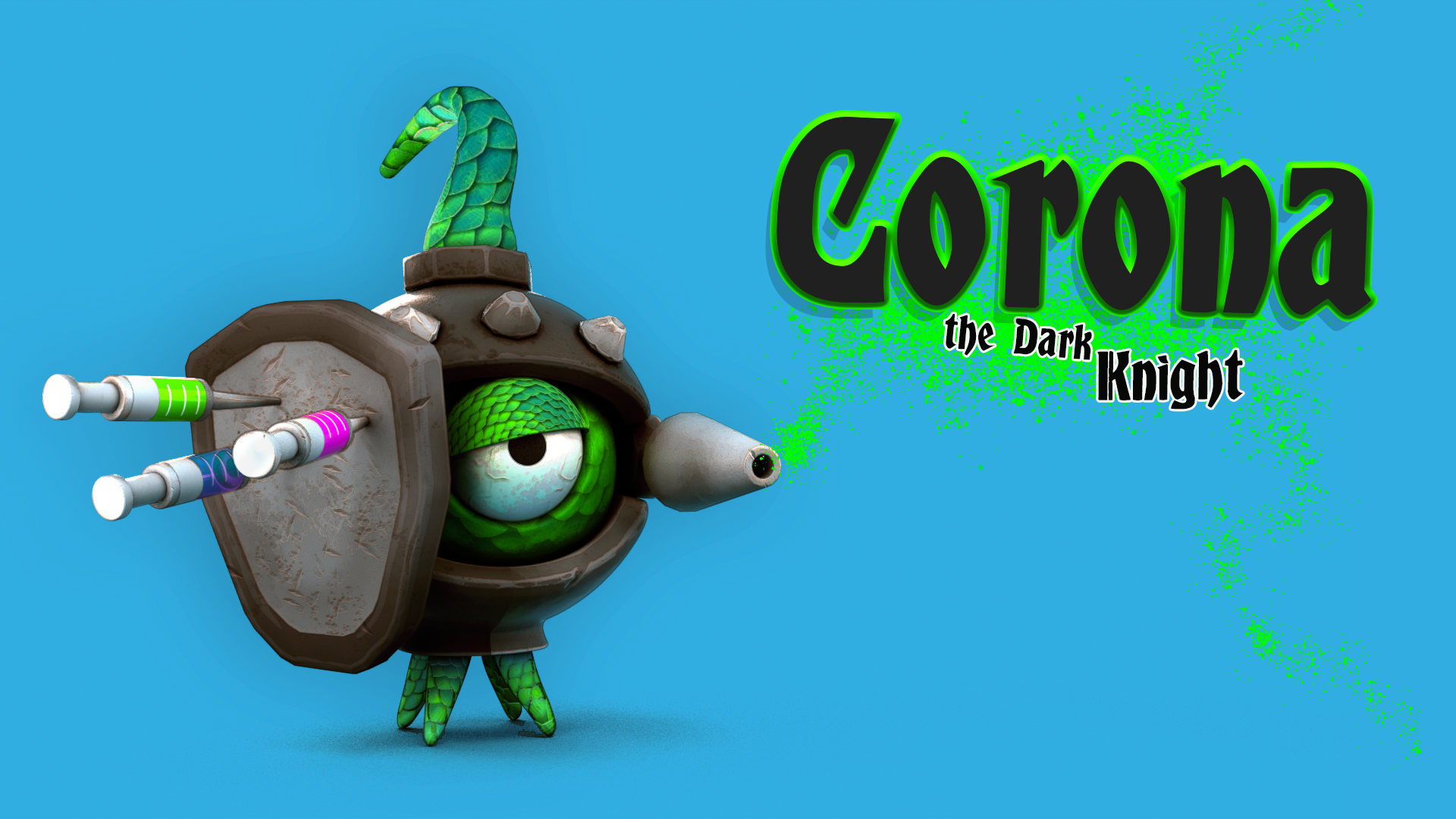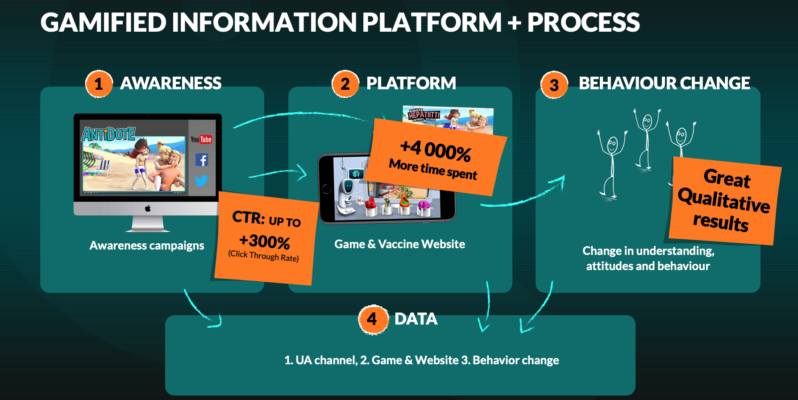The coronavirus (COVID-19) pandemic is an unprecedented challenge, demanding difficult changes in how we live our lives. But despite the endless supply of worrying headlines, it can be difficult to engage the public with information about the condition and the concrete steps they can take to slow its spread.
Read: Wanted – Coronavirus vaccines
Olli Rundgren, founder of Psyon Games, believes interactive mobile games may be the answer. Five years ago, he assembled a team that includes the developer of the smash hit ‘Angry Birds’, along with artists and experts in immunology. Together they created ‘Antidote’ – a game that combines fun and strategic skill with education.
While playing, the players take quick tutorials where they learn about how different bacteria and viruses work and how the human immune system fights them. They typically spend over five minutes per session on tutorials, applying this knowledge in the game.
The game attracts – and keeps – players’ attention and can be used as a platform for disease awareness and public health campaigns. It can also direct people to high-quality information on vaccination, treatments and healthy behaviour.

Read: Has Finland found the antivax antidote?
‘We have found this is a much cheaper way of attracting people to health information than traditional information-based campaigns,’ Olli told Vaccines Today. ‘It also engages them for more than an hour in a way that we believe is highly interactive compared to traditional health ads.’
Psyon Games have found that users are three times more likely to click on a game-themed information advertisement. ‘The cost-per-click is also lower than the usual rate for healthcare information initiatives,’ he says. ‘It is cheaper to get them to come to the game, and then they spend a lot longer playing Antidote than they would spend on traditional information-based websites.’
He’s not kidding: The typical user plays the game for around 72 minutes – by some measures, this is around 40 times longer than people spend on health information sites, Olli explains. Because there is a game to play at the end, users invest just over 5 minutes on tutorials to learn the skills they’ll need to succeed at the game. Then they play for more than an hour.

‘Spending 72 minutes is not enormous compared to watching a movie or playing a computer game, but in contrast to the time most of us would usually invest in reading health information, it’s very significant,’ he says. ‘It’s difficult to find a game that’s entertaining and thrilling – that gets people hooked – but also serves as a channel for education.’
The game can be adapted to new public health campaigns by adding extra characters, tweaking the game design or using the game’s characters in advertising. The team has already done this as part of a hepatitis awareness campaign starring Antidote characters.
Now, they are busy adapting the game to the most pressing challenge of our time: coronavirus. They have created a couple of versions of the coronavirus character and plan to devise a campaign that will deliver key messages on prevention – such as handwashing and social distancing. Users can then be directed to reputable information on the coronavirus.
‘We couldn’t do this if we were starting from scratch, but we have three years of R&D behind us and have already piloted this approach in hepatitis,’ Olli says. ‘We have also established an audience of gamers, with 110,000 downloads of the game, and would expect to add many more new players by launching a coronavirus campaign.’
The bulk of the players are aged 18-44 – a group at relatively lower risk of serious complications of COVID-19, but a key demographic in controlling the spread of the disease. Psyon also points to a strong presence in countries such as India where the epidemic is apparently still in the relatively early stages.

‘We’re in the middle of a health disaster so we are working to adapt our platform as quickly as possible in the hope that we can efficiently get vital messages out and help to control the surge of new cases,’ Olli says. ‘This is a way to reach people who are interested in gaming, and are now curious about coronavirus, but might not otherwise be that into science.’
Given the scale of the coronavirus threat, serious games could offer a new way to engage a key audience in unprecedented behaviour change. Psyon hopes to follow up with research on how its campaigns influence behaviour.
‘We are calling for partners to help us apply our work to the COVID-19 crisis. We work together quickly, it could help good health information to go viral,’ says Olli.
Read: The Power of Gamified Information Against the COVID-19 pandemic




